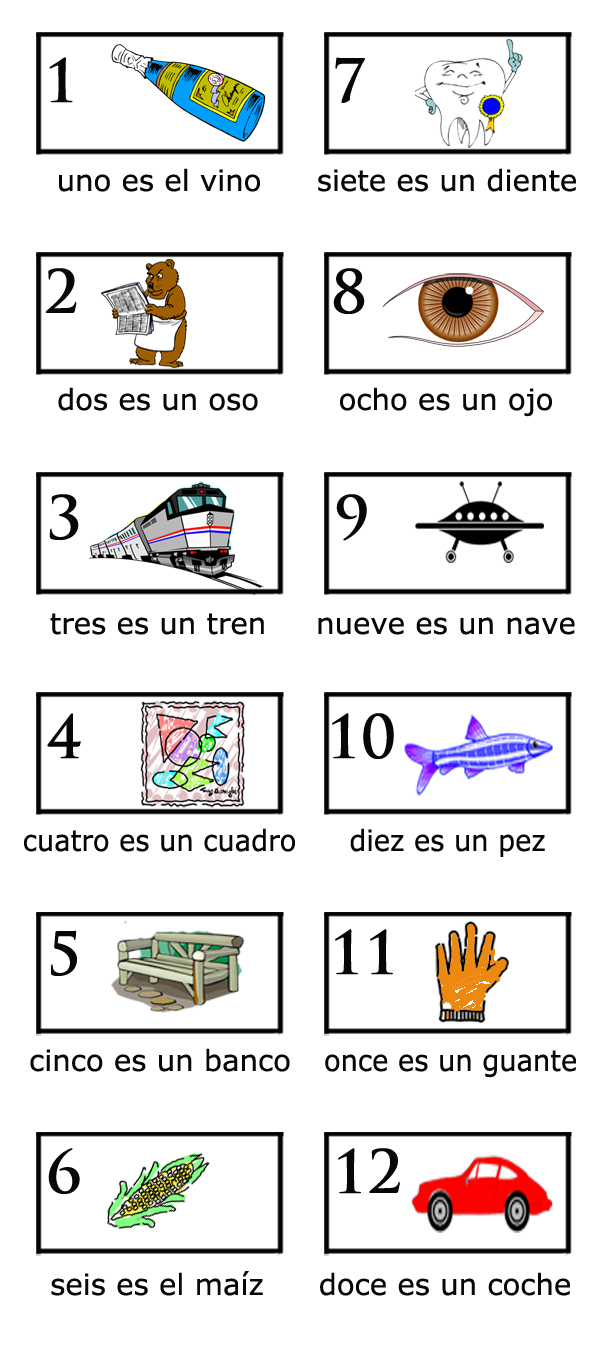Distributed practice more effective than massed practice
It has long been known that spacing practice (reviewing learning or practicing a skill at spaced intervals) is far more effective than massed practice (in one heavy session). An interesting example of this comes from a study that aimed to find the best way of teaching postmen to type (this was at the request of the British Post Office). The researchers put postmen on one of four schedules:
